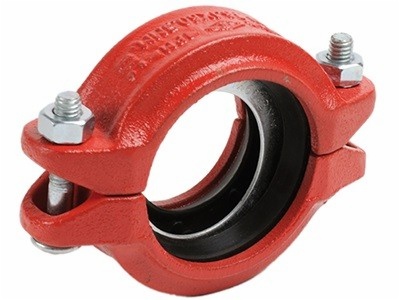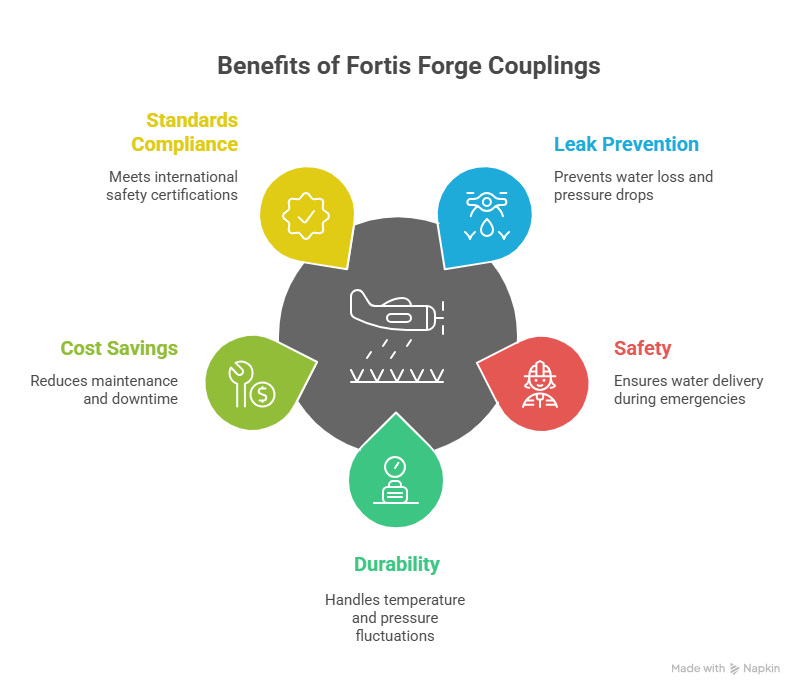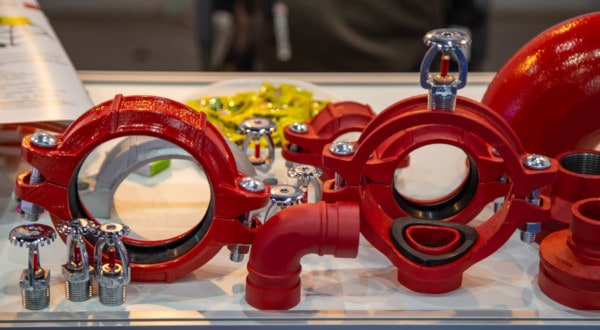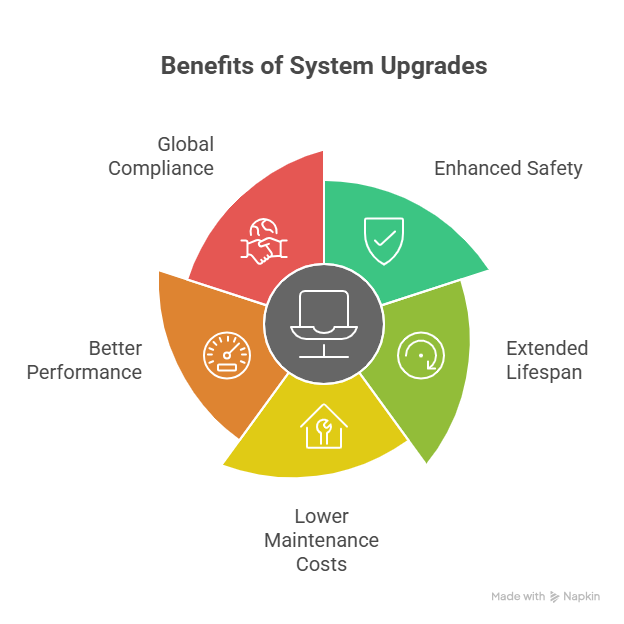Introduction
Sprinkler systems are essential for modern fire safety and irrigation solutions. At the heart of these systems lies the sprinkler coupling. This component ensures secure pipe connections, leak prevention, and smooth system performance. A high-quality coupling improves safety, reduces maintenance, and extends the system’s life.
Fortis Forge, a trusted engineering and forging company, manufactures precision sprinkler couplings that meet strict safety and performance standards. Their durable solutions are widely used in commercial, residential, and industrial systems.
In this blog, we will explore the types, uses, and standards of sprinkler couplings, supported by examples and analysis.
What is a sprinkler coupling?
A sprinkler coupling is a pipe fitting that securely joins two pipes in a sprinkler system. It provides a leak-proof connection, ensuring water flows smoothly.
Sprinkler couplings are designed to handle pressure, temperature changes, and environmental stress. Their role is simple but essential: to keep the system strong, safe, and reliable.

Why Sprinkler Couplings Are Important
Leak Prevention—Protects against water loss and pressure drops.
Safety—Ensures water delivery during fires or emergencies.
Durability—Handles temperature, stress, and pressure fluctuations.
Cost Savings – Reduces maintenance and downtime.
Standards Compliance – Meets international safety certifications.
Fortis Forge manufactures couplings with precision. Their products reduce risks and extend sprinkler system lifespan.

Materials Used in Sprinkler Couplings
Sprinkler couplings are made with materials that ensure performance and strength.
Ductile Iron – High durability and strength.
Stainless Steel—Resistant to rust, good for outdoor systems.
Carbon Steel – Excellent heat resistance.
Brass—Best for smaller irrigation applications.
Fortis Forge uses ductile iron and stainless steel for most sprinkler couplings, ensuring long-lasting reliability.
Applications of Sprinkler Couplings
Sprinkler couplings are versatile. They are used in different systems worldwide.
Fire Suppression—Protects commercial buildings, warehouses, and homes.
Irrigation Systems – Supports agriculture and landscaping.
Industrial Systems—Used in plants and factories.
High-Rise Buildings – Delivers water to multiple levels.
Infrastructure Projects—Essential in airports, metros, and tunnels.

Global Standards for Sprinkler Couplings
To ensure safety, sprinkler couplings must meet strict regulations.
NFPA (USA): Sets fire protection benchmarks.
UL Certification: Tests for durability and fire resistance.
FM Approval: Confirms quality and reliability.
EN Standards (Europe): Regulates fire protection fittings.
IS Standards (India): Governs domestic product safety.
Fortis Forge products meet these international standards, ensuring trust and compliance.
Benefits of Using Certified Sprinkler Couplings
Enhanced safety during emergencies.
Extended system lifespan.
Lower maintenance costs.
Better performance under pressure.
Global compliance and reliability.

Challenges and Maintenance
Even the best sprinkler couplings face challenges.
Risk of wear in high-pressure systems.
Corrosion if not properly coated.
Damage from improper installation.
Maintenance Tips:
Inspect couplings regularly.
Replace damaged or corroded parts.
Ensure proper installation techniques.
Conclusion
Sprinkler couplings are small but powerful components. They prevent leaks, strengthen systems, and ensure fire and irrigation safety. Choosing the right type makes a system efficient and reliable.
Fortis Forge continues to deliver precision-made sprinkler couplings that meet international standards. Their products offer strength, safety, and trust for global clients.
Investing in certified sprinkler couplings is not just a choice. It is a commitment to long-term safety and reliability.
demo paragraph
